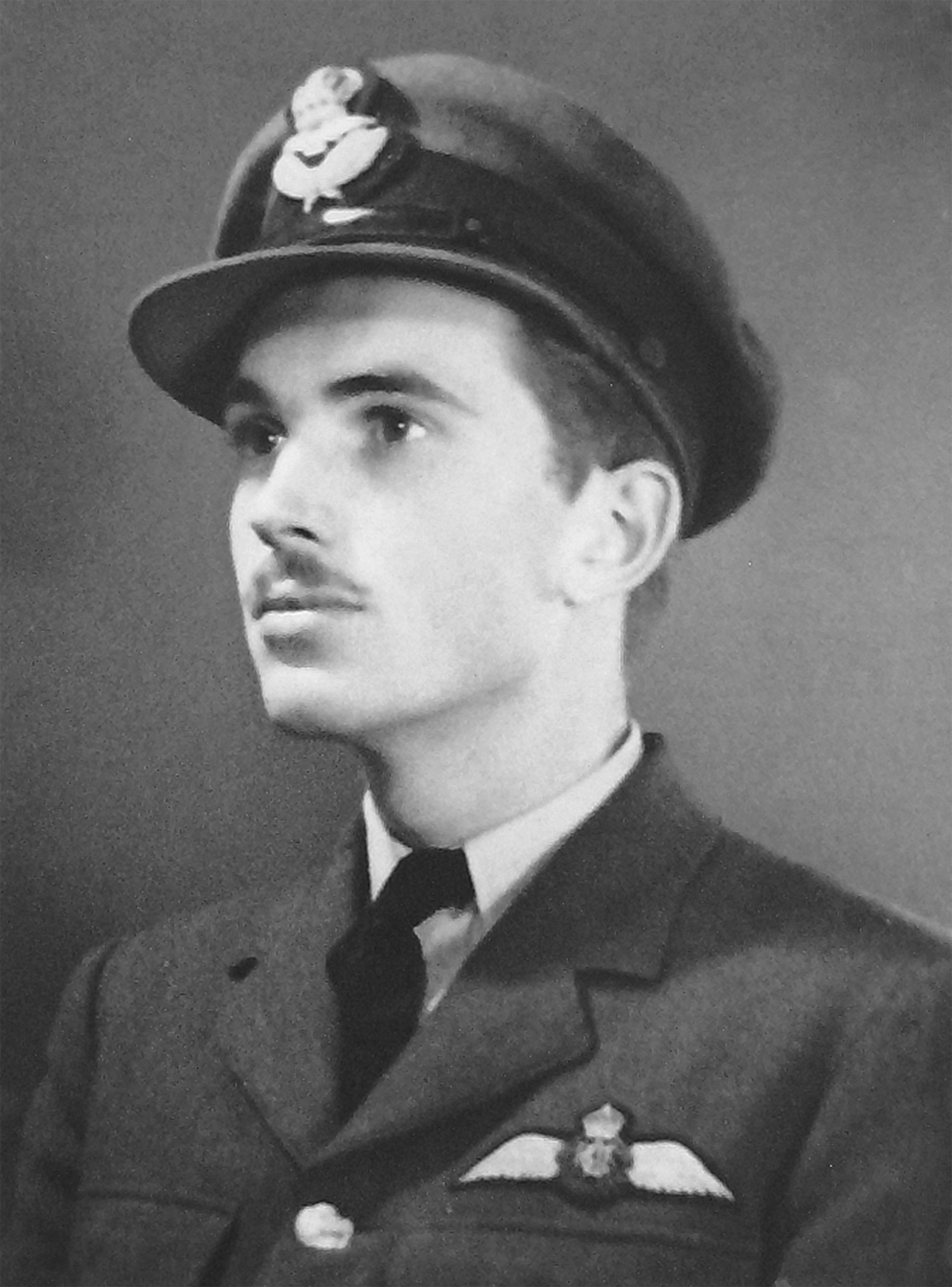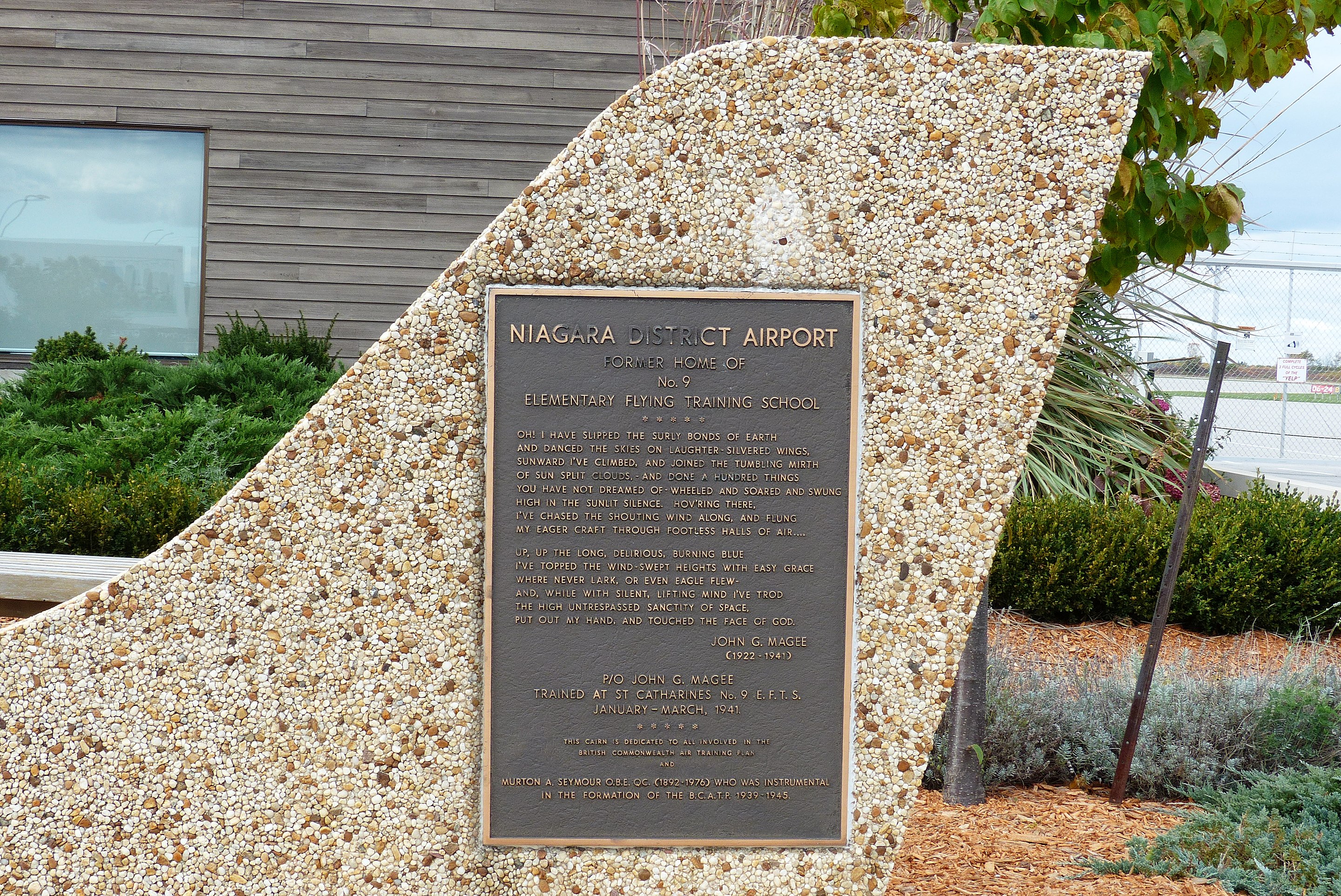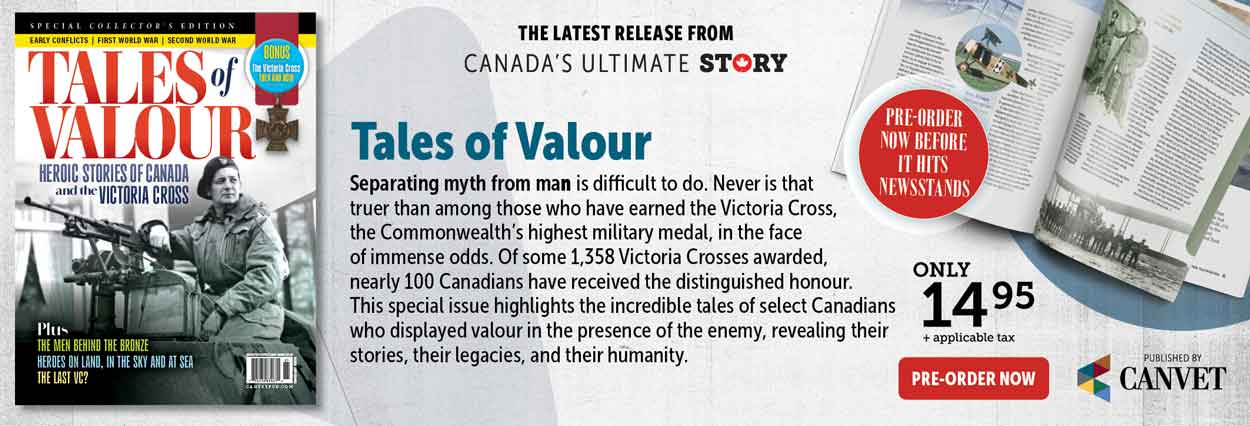
John Gillespie Magee wrote “High Flight,” the official poem of the Royal Canadian Air Force. [Royal Canadian Air Force/Wikimedia]
The pilot was John Gillespie Magee Jr., author of “High Flight,” the official poem of the Royal Canadian Air Force and the Royal Air Force.
Magee caught the poetry bug at Rugby School in England, which had also been attended by First World War poet Rupert Brooke. In 1938, Magee won the same poetry prize Brooke had captured 34 years earlier.
In 1940, while living in the United States, Magee was awarded a scholarship to Yale University, but he decided instead to join the Royal Canadian Air Force. He took his flight training in Canada and earned his wings in June 1941.
Magee was at RCAF Station Trenton, Ont., when he wrote: “An aeroplane to us is not a weapon of war, but a flash of silver slanting the skies; the hum of a deep-voiced motor; a feeling of dizziness; it is speed and ecstasy.”
He was posted to No. 412 (Fighter) Squadron, RCAF, at the Royal Air Force wing in Digby, just southeast of Lincoln, England. His early flights were convoy patrols.
He may have been a pilot, but he had a poet’s heart. On August 18, as he flew his Spitfire to 10,000 metres, it brought to mind the words “to touch the face of God,” which he had read in another poem. He finished his sonnet shortly afterward, enclosing it in a letter to his parents Sept. 3, 1941.
On Nov. 8, he was one of 12 fighters escorting bombers on a raid on railway yards in Lille in occupied France. They were attacked by German fighter aircraft, which downed three of the four planes in Magee’s section. Magee fired 160 rounds of ammunition but did not report that he had damaged or downed any enemy.
Then it was back to convoy patrol.
On Dec. 11, 1941, four Spitfires practising fighter tactics dove through a break in the clouds. Magee died after a mid-air collision with an Airspeed Oxford trainer piloted by another 19-year-old, Ernest Aubrey Griffin, who was also killed.
His Spitfire out of control, Magee pushed open the canopy and bailed out, but was at too low an altitude for his parachute to open.
His father published “High Flight” in a number of church publications and it became widely popular during the war when it was recited by entertainers at troop shows. It remains popular today among pilots, astronauts and those whose hearts only fly.
Its first and last lines are incised on Magee’s gravestone in England.

The sonnet is reproduced on the British Commonwealth Air Training Plan memorial at the Niagara District Airport near St. Catharines, Ont., where John Gillespie Magee earned his pilot’s wings. [J. Steve Bond/Wikimedia]
And danced the skies on laughter-silvered wings;
Sunward I’ve climbed, and joined the tumbling mirth
of sun-split clouds—and done a hundred things
You have not dreamed of—wheeled and soared and swung
High in the sunlit silence. Hov’ring there,
I’ve chased the shouting wind along, and flung
My eager craft through footless halls of air….
Up, up the long, delirious, burning blue
I’ve topped the wind-swept heights with easy grace.
Where never lark, or even eagle flew—
And, while with silent, lifting mind I’ve trod
The high untrespassed sanctity of space,
Put out my hand and touched the face of God.”
Advertisement




















